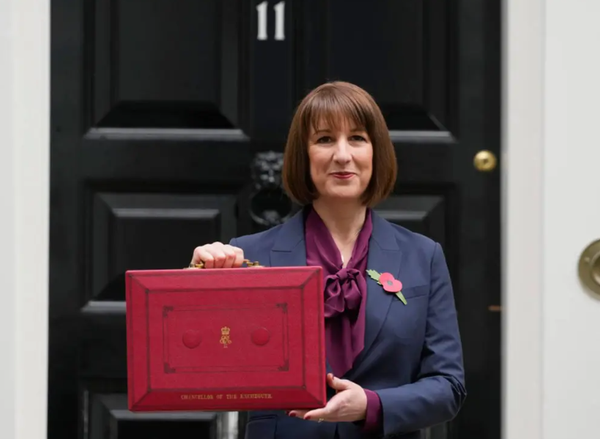
Assessing the economy
Article
Over the past few days and weeks, there has been lots of rather histrionic commentary about the UK’s economic situation as if the budget has created an economic disaster from which we’ll never recover.
The release of provisional November 2024 GDP figures shows a slight improvement on October, but still low. Yet over the past few days and weeks, there has been lots of rather histrionic commentary about the UK’s economic situation as if the budget has created an economic disaster from which we’ll never recover.
It’s worth remembering that the data release was the first of any GDP figures from after the budget. Anything about growth we’ve heard before relates to October 2024 or before – i.e. before Rachel Reeves stood at the dispatch box to deliver her speech. So, any commentary before this stat release on the budget’s impact on growth has been ‘unconstrained by evidence’ – in other words, pure speculation.
Even though the figures do give us the first indication of post-budget effects, they should be interpreted with a degree of caution. The first release of single-month figures are always subject to revision and we usually put three months’ figures together to get a picture of the economy that is less susceptible to data fluctuations.
When it comes to the effects of the budget, we are necessarily in a limbo period right now. The tax rises announced at the budget will kick in when the new financial year starts, in April 2025, as will the availability of more money for government to spend. It’s important to note that both effects will be taking place at the same time: higher taxes for employers but more money spent by public services.
Whilst the former might reduce hiring by firms or suppress wage growth to some degree, perhaps temporarily until businesses can increase prices, the rise in government expenditure will increase demand for goods and services throughout the economy. So, the picture for businesses will be mixed: higher costs but potentially higher demand for their products. This is why the independent Office for Budget Responsibility’s forecasts say that increased public expenditure over the next couple of years will have a positive effect on economic growth.
Don’t forget that there are two sources of higher public spending: the revenue obtained from higher taxes and the money available for investment because of Rachel Reeves’ sensible changes to her borrowing (fiscal) rules. So, increased public spending will be much more than the amount of additional revenue businesses have to contribute through higher employer NI contributions.
We also expect some of that spending to have direct impacts that will benefit the economy, including reducing failure in public services, enabling people to get the health care they need to get back to work more quickly, and supporting people out of work to re-enter the labour market.
However, in our current limbo period, waiting for the taxes and the spending to kick in, there is naturally more worry about the easily identifiable costs than the more uncertain benefits that will come from the associated spending. It is clearly much easier to estimate a future National Insurance bill than to quantify increased demand for your products arising from greater public spending.
Negative sentiment – worries about future taxation – can have a real impact, certainly in the short term. It is possible we’ll see businesses pause or reduce hiring or commit to lower wage increases in the next few months as they wait to see what happens to the economy. However, if the growth effects of public spending materialise, you can expect some of the initial caution to be reversed.
Similarly, with inflation down to normal levels, there’s a likelihood of interest rate cuts from the Bank of England over the next few months. If and when these happen, they will ease business costs and help to stimulate confidence.
The takeaways are threefold: firstly, the doomsayers are being overly pessimistic because they are looking at the budget’s effects in a one-sided manner by not taking into account the impact of the additional spending. Secondly, they are premature because we’re in a limbo period right now and none of the additional taxation or spending has actually happened yet, so we can’t know their real effects.
Finally, whilst the worry from businesses about higher costs might potentially suppress hiring or wages in the short term, real insight into the effects of the budget won’t be available until we see GDP figures for the 2025/26 financial year, which will start to trickle in from June 2025.
We have no guarantees that everything will be rosy: the spending has to be effective to have the intended positive effects. External headwinds – global bond prices and Trump tariffs can all have a material impact on our economic wellbeing. But to write off the budget at this stage is both overly pessimistic and premature.